1. The characteristics of diamond turning needles mainly include the following aspects.
① Wear resistance: diamond material has high hardness and can withstand high wear, so diamond turning needles have better wear resistance and long service life.
② Cutting performance: diamond material has a good cutting performance, can be high-precision processing of the workpiece.
③ Stability: diamond turning needles are highly stable when used, and can ensure processing accuracy and surface finish.
④ High temperature resistance: diamond material has good high temperature resistance, can adapt to the high temperature processing environment.
In general, diamond turning needle has good wear resistance, good cutting performance, high stability, high temperature resistance and other characteristics, suitable for processing fields with high requirements for precision.
Comparison of diamond sand and tungsten steel materials.

2. The characteristics of tungsten steel turning needles include
① High wear resistance: Tungsten steel turning needles have high hardness and good wear resistance, and can withstand high speed turning and heavy load cutting.
② Good corrosion resistance: tungsten steel turning needles have excellent corrosion resistance and can be used in harsh working environments.
③ Good resistance to bending: tungsten steel turning needles have high strength and toughness and are not easy to bend and break.
④ Good machining performance: tungsten steel turning pins are easy to cut and grind, and can produce high precision turned parts.
⑤ High stability: tungsten steel turning pins have a low coefficient of thermal expansion and good stability, and will not deform or shrink due to temperature changes.
To sum up, tungsten steel turning pin is a kind of cutting tool with high strength, high hardness, high wear resistance, high corrosion resistance and high stability, which is suitable for high speed turning and heavy load cutting machining process.
3. Adamantite and tungsten steel are two different materials, the main differences are as follows.
1. different base materials: diamond is an abrasive, the main component is diamond crystal, while tungsten steel is an alloy material, the main components are tungsten, carbon and other alloy elements.
2. Different applications: diamond is mainly used in grinding and polishing processes, while tungsten steel is mainly used in industrial fields such as tool and mold making.
3. Different characteristics: diamond has high hardness and wear resistance, but poor toughness; tungsten steel has the advantages of high hardness, high strength, high toughness and wear resistance, but is heavier.
4. There are many kinds of material models of diamond, such as M14, M15, M20, etc. There are also many material types of tungsten steel, such as W18Cr4V, W6Mo5Cr4V2, etc. Different material types have different compositions and performance characteristics, and should be selected according to specific application scenarios.

Generally speaking, tungsten steel is more expensive than diamond. This is because tungsten steel is an alloy material with high strength, high hardness, high temperature resistance and good wear resistance, while diamond is an artificial abrasive material with high hardness but relatively poor strength, temperature and wear resistance. Therefore, the manufacturing cost and processing difficulty of tungsten steel is relatively high, and the price will increase accordingly.
Our company has a strict process for every step from production to mass production. If you need custom dental turning pin related products, contact xy-global: edith@xy-global.com and we have a dedicated engineering team to solve your problems and get high quality on-demand parts with professional prototyping and production capabilities. Instant quotes and automated DFM analysis can be completed online in seconds, and quality parts can be delivered in days.
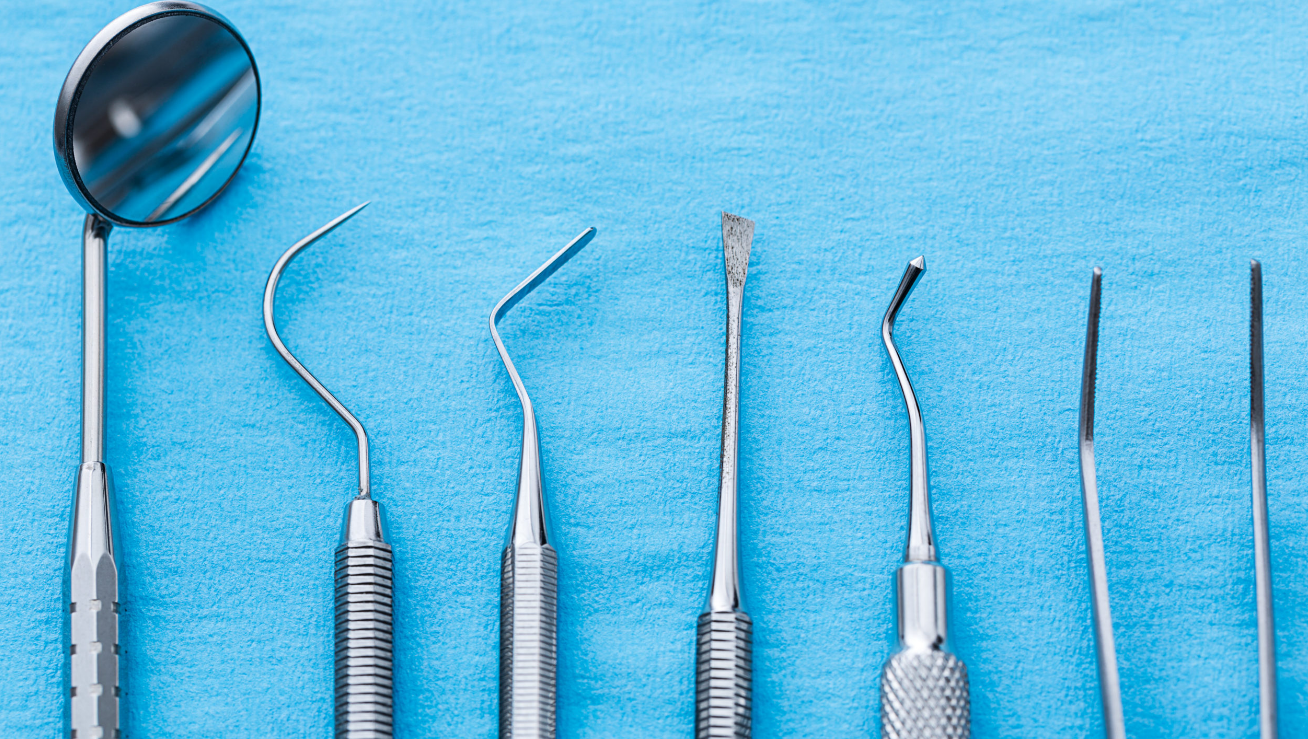
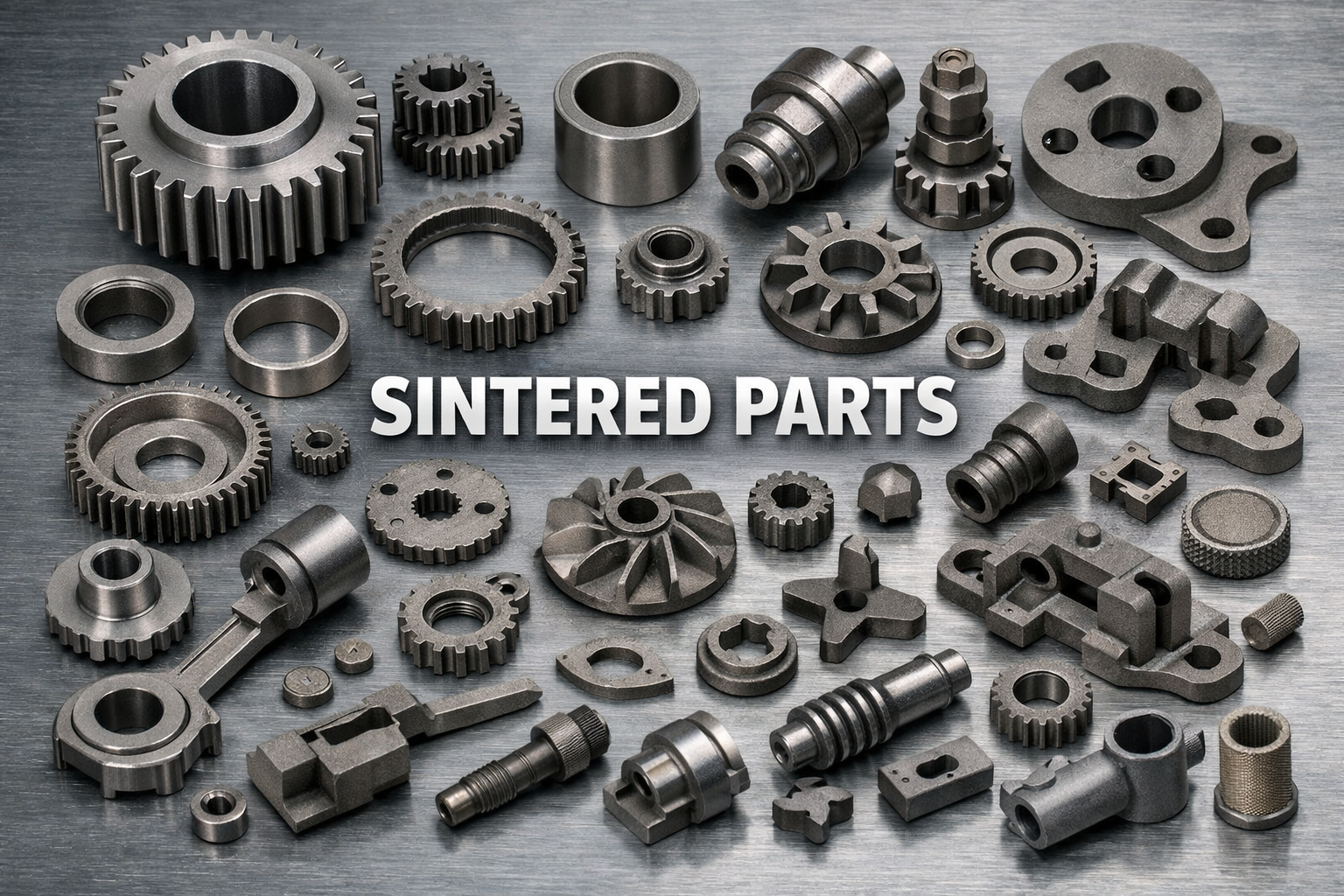
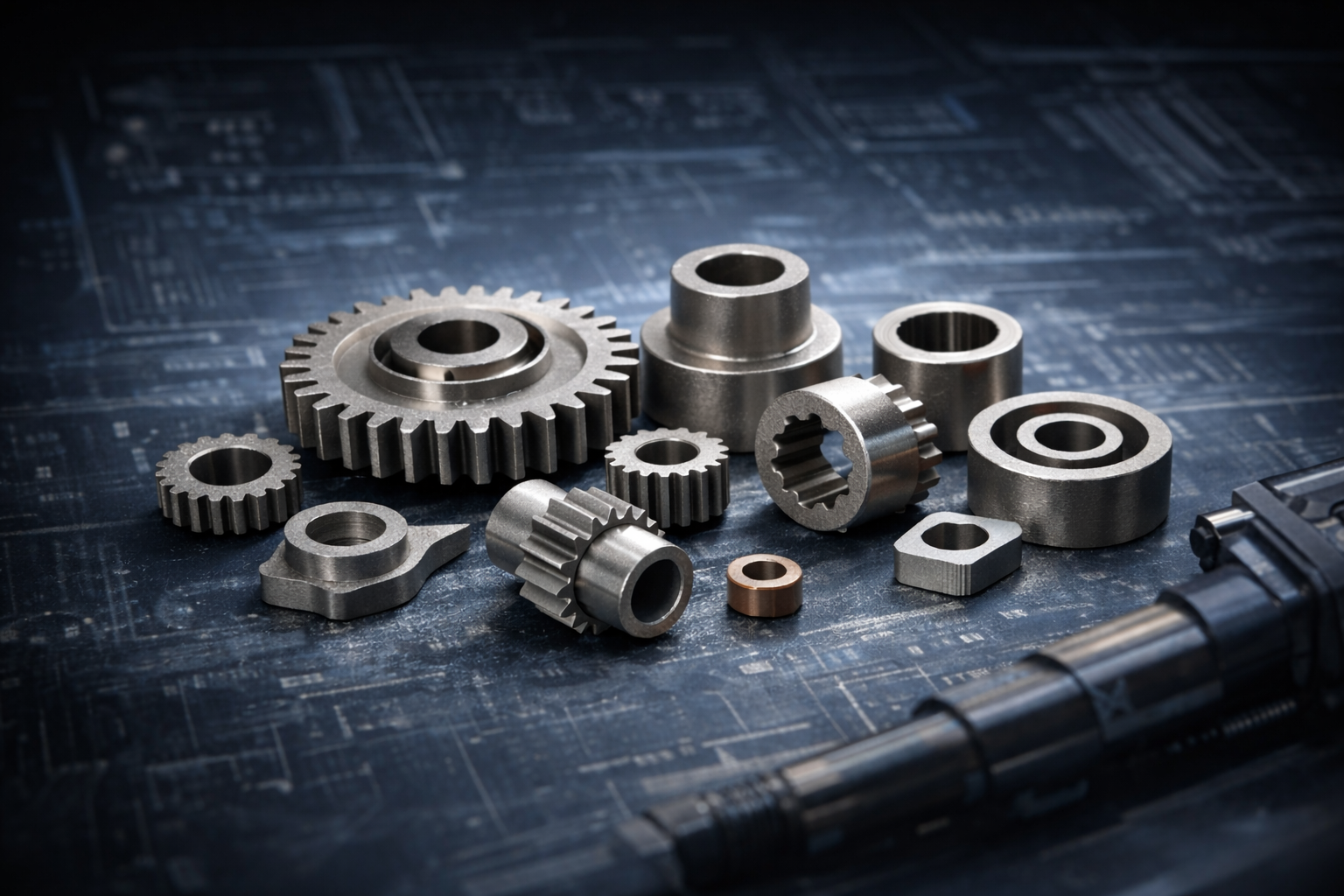
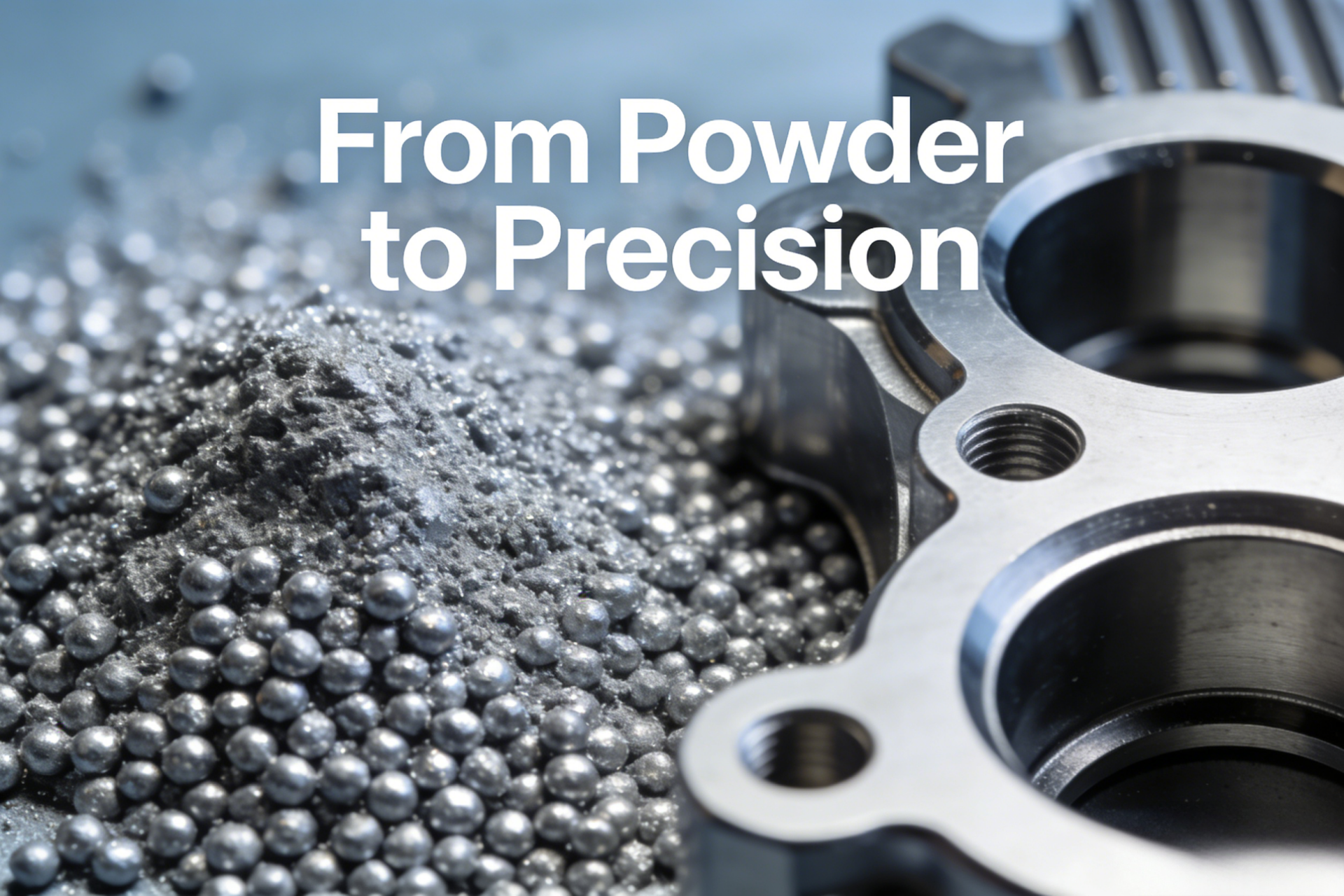

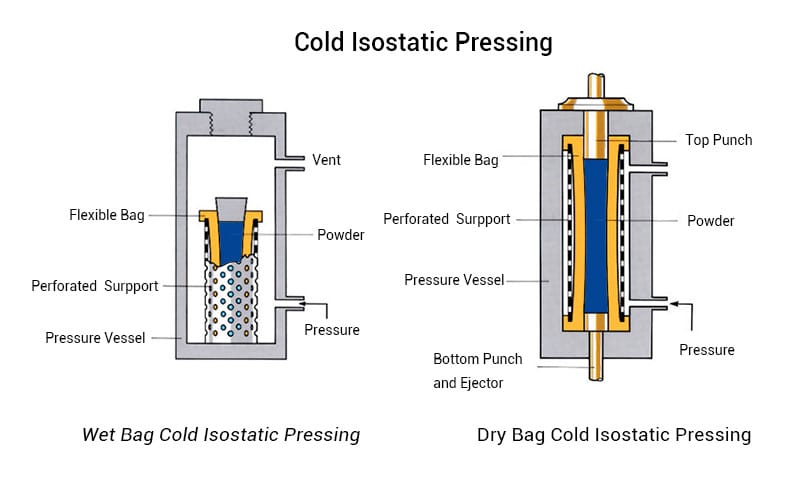
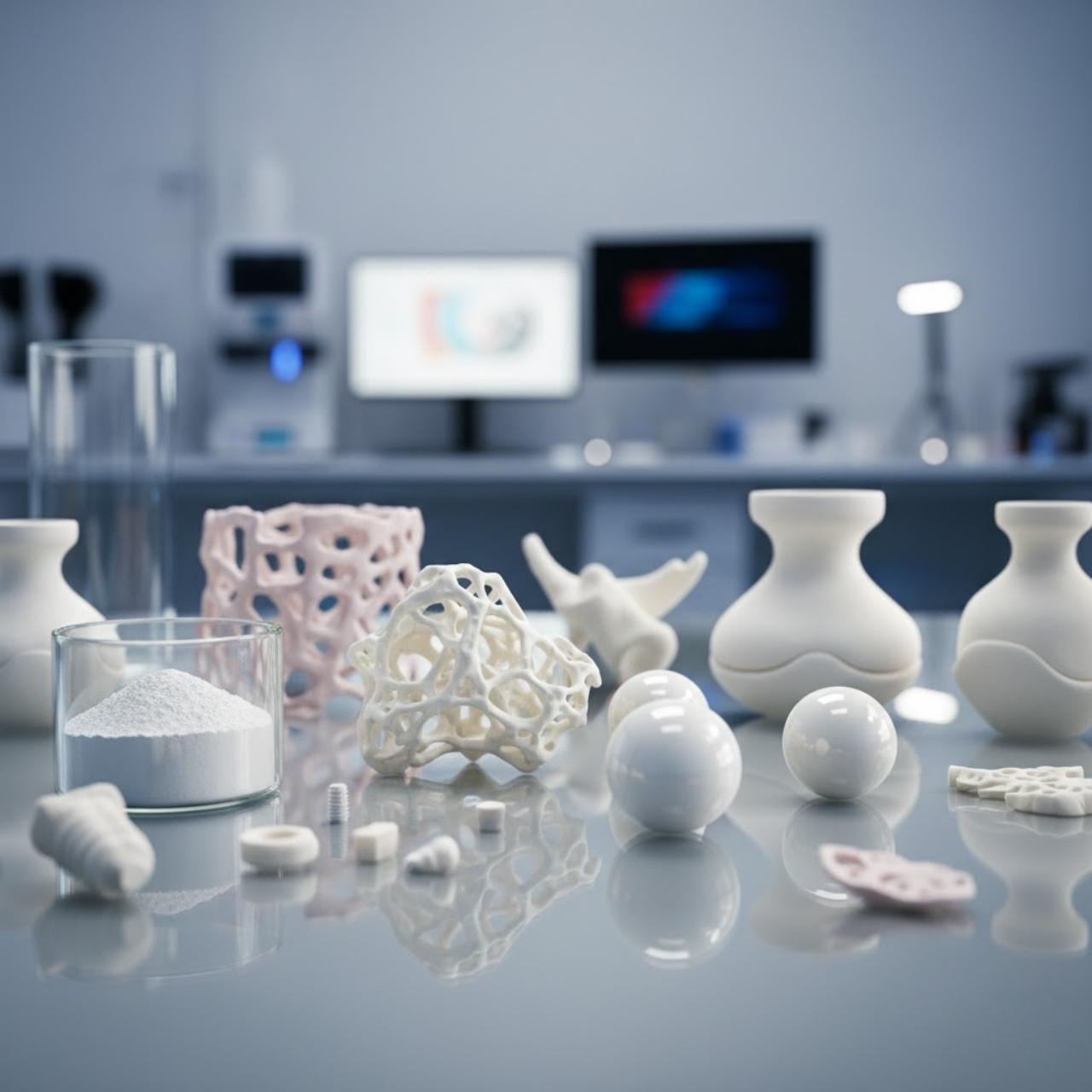
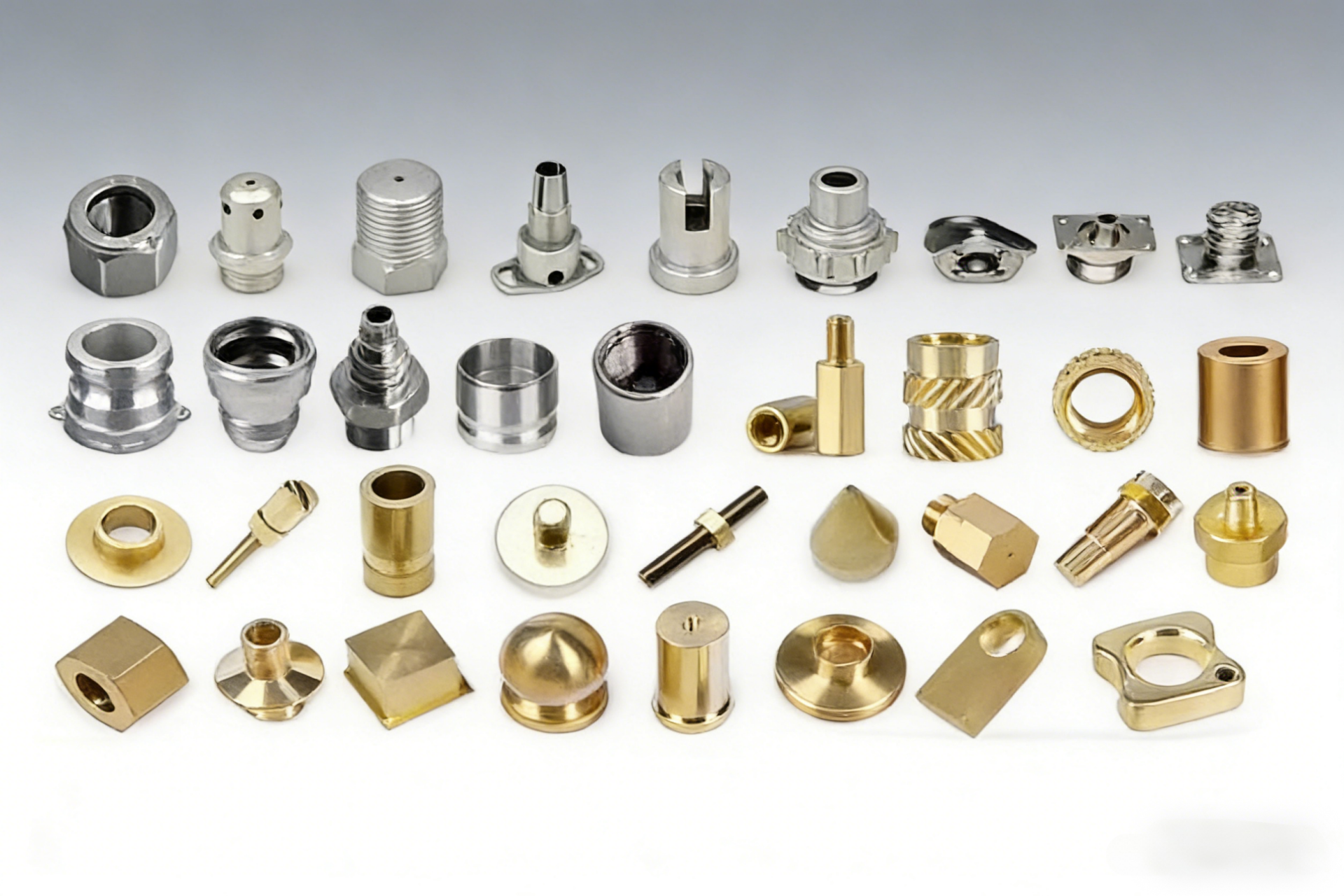

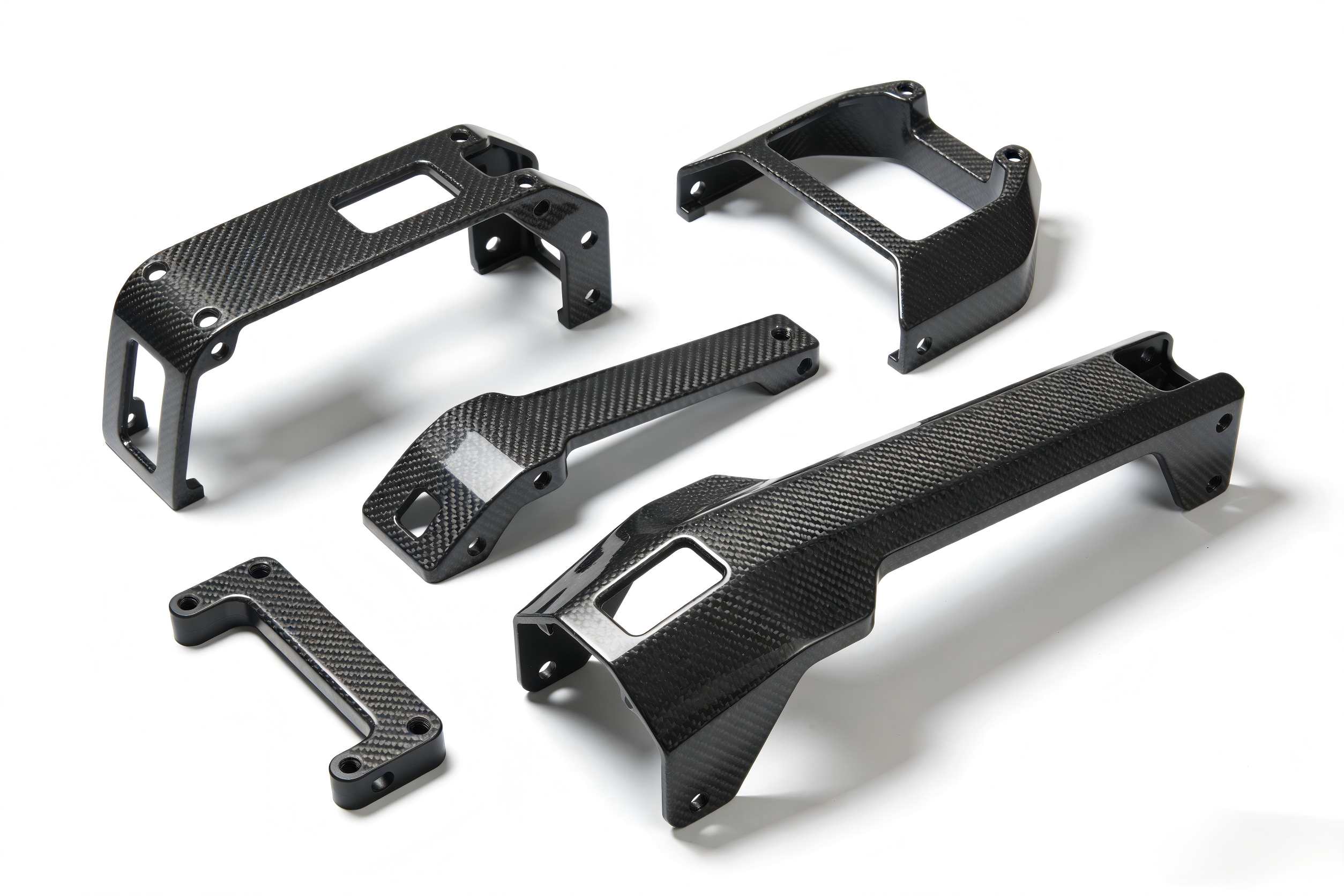
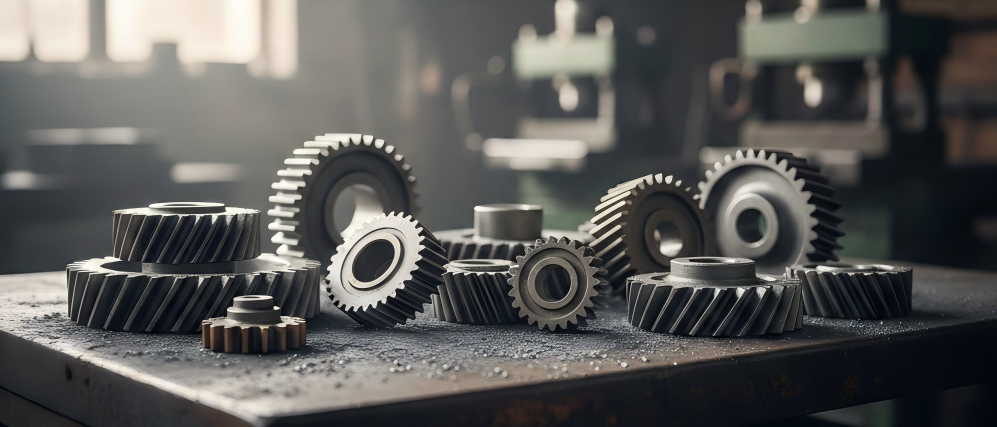

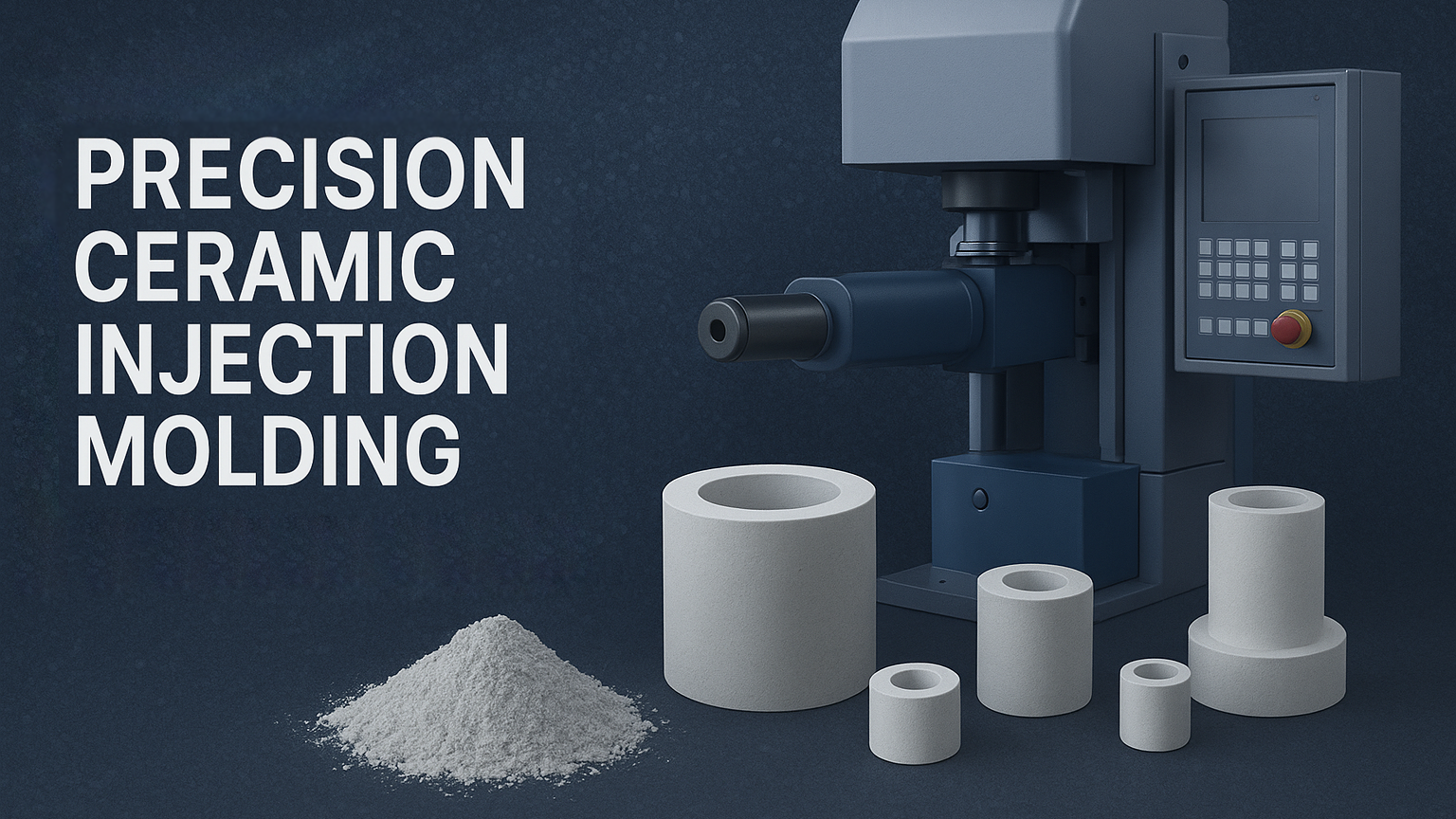
Share:
Customized Minimally Invasive Surgical Tools Spare Parts
Do You Know What a Dental Bur